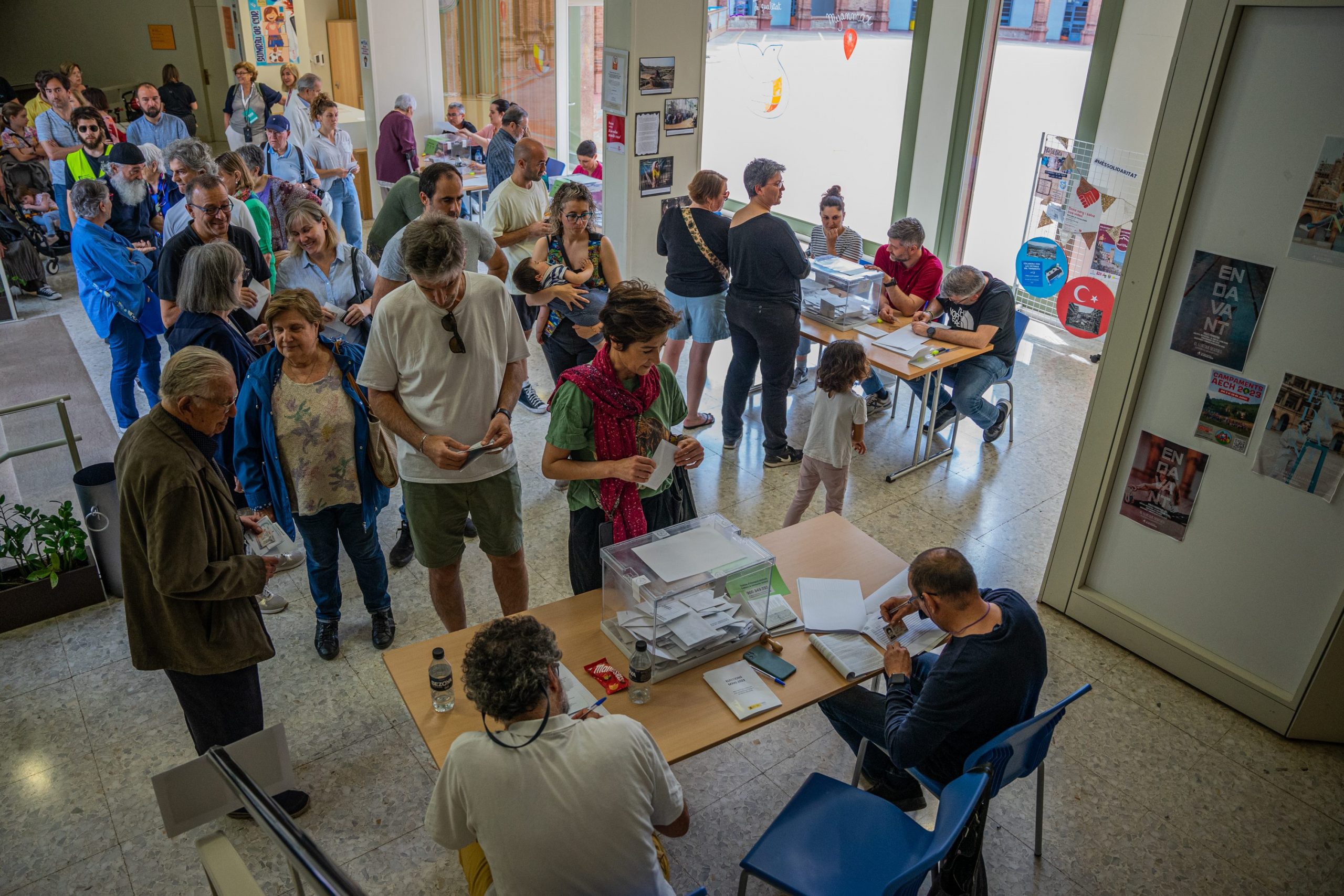THE CONSERVATIVE Popular Party was the winner of Sunday’s general election, albeit falling short of a majority and leaving the country in a stalemate. But the final totals of seats distributed between the parties could still change as the votes of Spaniards living abroad are tallied up.
The count of these ballots will not begin until tomorrow, and could affect as many as nine seats in the 350-seat parliament, the Congress of Deputies.
The PP, for example, could add another three seats to their total of 136, in Cantabria, Girona and Madrid. That said, they could also lose three seats in Salamanca, Teruel and the North African city of Ceuta.
According to news agency Europa Press, Vox could also lose one of its seats in Cantabria, in favour of the PP, while the PP could take a deputy in Girona from the pro-Catalan independence party Junts pel Si (Together for Yes). In Madrid, meanwhile, a seat could be lost by the Socialist Party also in favour of the PP.
The polls ahead of Sunday’s snap general election predicted that the PP would be able to form a coalition government with the far-right Vox party. In the end, however, the latter group performed worse than expected and the pair fell well short of a majority of 176 seats.
Since Sunday, Feijoo has been seeking potential support from other parties, but potential bedfellows such as the Basque Nationalist Party (PNV) have ruled out any such deal due to the extreme policies of far-right Vox, which is anti-immigration, does not believe in gender violence and wants to roll back legislation covering LGBTQ+ rights.
The Socialist Party, meanwhile, could still cling on to power if it manages to secure the support of leftist alliance Sumar and a range of other parties in the Congress of Deputies.
Tricky arithmetic
The result of the vote by Spaniards abroad could affect this arithmetic however. If, for example, the PP manages to win a seat from Junts pel Si in Girona, the latter party would have to vote in favour of installing caretaker prime minister Pedro Sanchez back into power rather than abstaining.
There were a total of 2,325,310 Spanish voters residing abroad for these elections, and who were eligible to cast their votes, according to Europa Press.
Read more:
- Why the winner of Sunday’s general election in Spain has done a U-turn to court the Socialists
- Spain’s caretaker prime minister insists repeat election won’t be necessary despite apparent stalemate
- After inconvenience of summer elections in Spain, repeat polls could fall at Christmas
Click here to read more News from The Olive Press.








